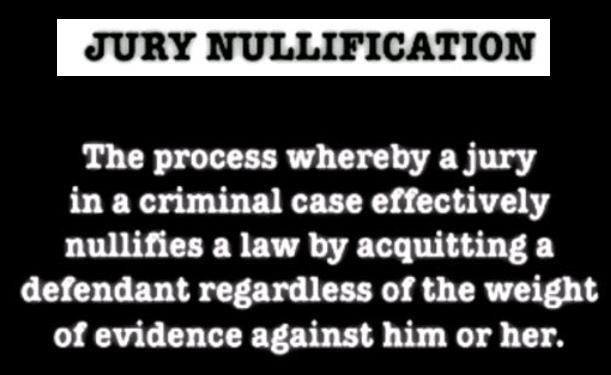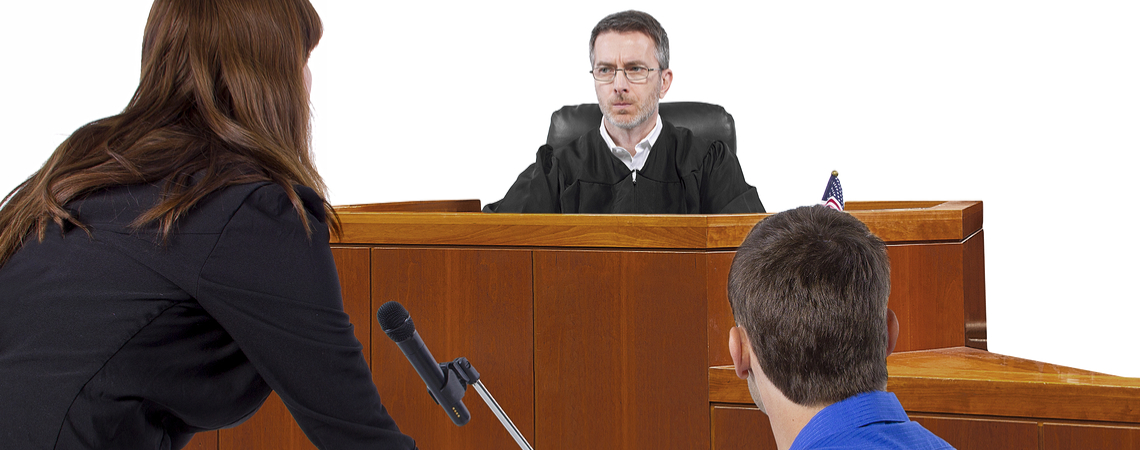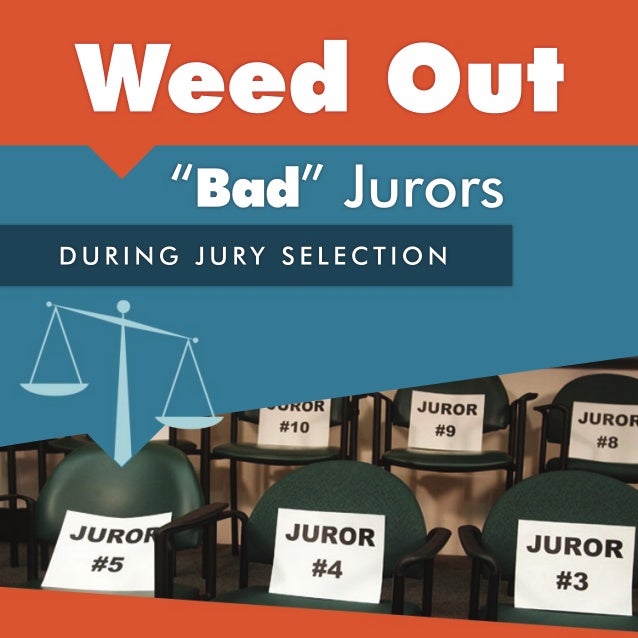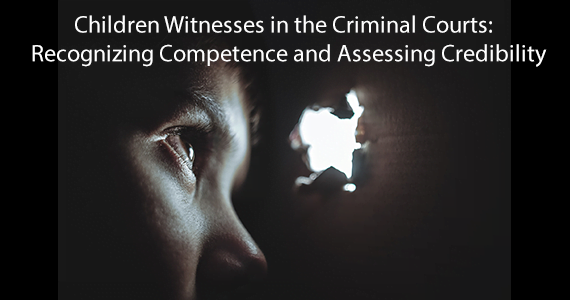
In State v. Miller, the WA Court of Appeals decided that the pretrial dismissal of a potential juror who wandered into the courtroom and heard the attorneys arguing pretrial motions did NOT violate public trial right or defendant’s right to be present.
The defendant was charged with Conspiracy to Commit Murder and Murder in the First Degree. Before jury selection, a juror from the jury pool entered the courtroom while pretrial issues were discussed between the attorneys and the judge. The trial court dismissed the juror from participating in the defendant’s trial before beginning voir dire.
At any rate, the defendant was found guilty of the charges. He appeals his conviction on the grounds that dismissing the potential juror from the jury pool violated his right to a public trial and his right to be present at critical trial stages.
The Court of Appeals decided ( 1) the trial court’ s pre -voir dire dismissal of the prospective juror did not violate Miller’ s public trial right, and 2) even if dismissal of the prospective juror during a recess violated Miller’ s right to be present at critical trial stages, the violation was harmless error.
The court reasoned that the 6th Amendment to the U.S. Constitution and article 1, section 22 of the WA Constitution guarantees the right to a public trial. In general, this right requires that certain proceedings be held in open court unless a “Bone-Club” analysis set forth in State v. Bone-Club, 128 Wn.2d 254 (1995) supports closure of the courtroom.
The threshold determination when addressing an alleged violation of the public trial right is whether the proceeding at issue even implicates the right. Not every interaction between the court, counsel, and defendants will implicate the right to a public trial or constitute a closure if closed to the public.
Here, the Court reasoned that the trial court’s dismissal of the juror did not occur during voir dire itself, and therefore did not fall within the “category of proceedings that our Supreme Court has already acknowledged implicates a defendant’s public trial right.” Finally, the Court held that even if Miller’ s right to be present was violated, this violation was harmless error.
My opinion? Good decision. I’ll take a wild guess and assume the attorneys were arguing Motions in Limine when the potential juror wandered into court and listened. Motions in Limine are a very critical phase in the jury trial process, and happen before jury selection actually begins.
Among other things, motions in limine practice allow attorneys to establish the rules of engagement (what you can and can’t say during trial). More important, they address whether certain controversial evidence is going to be suppressed from the jury; and/or the manner/purpose for which said evidence is going to be admitted (if it is).
Worst-case scenario, a potential juror who overhears a conversation about Motions in Limine take place between the attorneys and judges can inform the jury about all the evidence which the jury doesn’t know about — all the evidence which was suppressed, scrubbed up; deemed irrelevant; prejudicial, cumulative, distracting, etc.
Watching attorneys practice Motions in Limine is like watching a butcher making sausage. It gets to the ugly, brutal and bloody aspects of the case; some of which are purposefully sealed away from the eyes and ears of the jury. Besides, jurors are only supposed to judge cases with the facts they know about and the law as it applies. Again, good decision.
Please contact my office if you, a friend or family member are charged with a crime. Hiring an effective and competent defense attorney is the first and best step toward justice.















